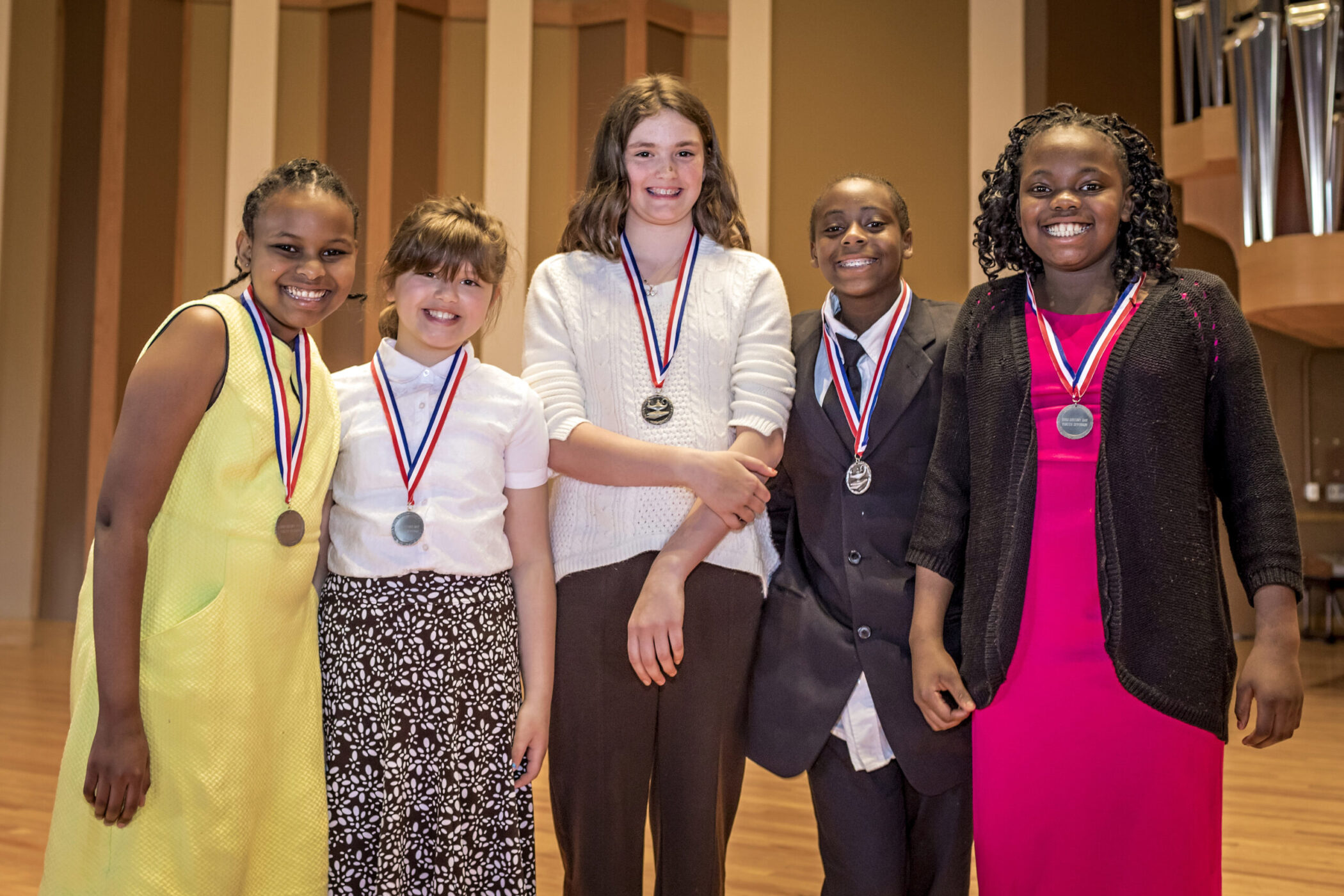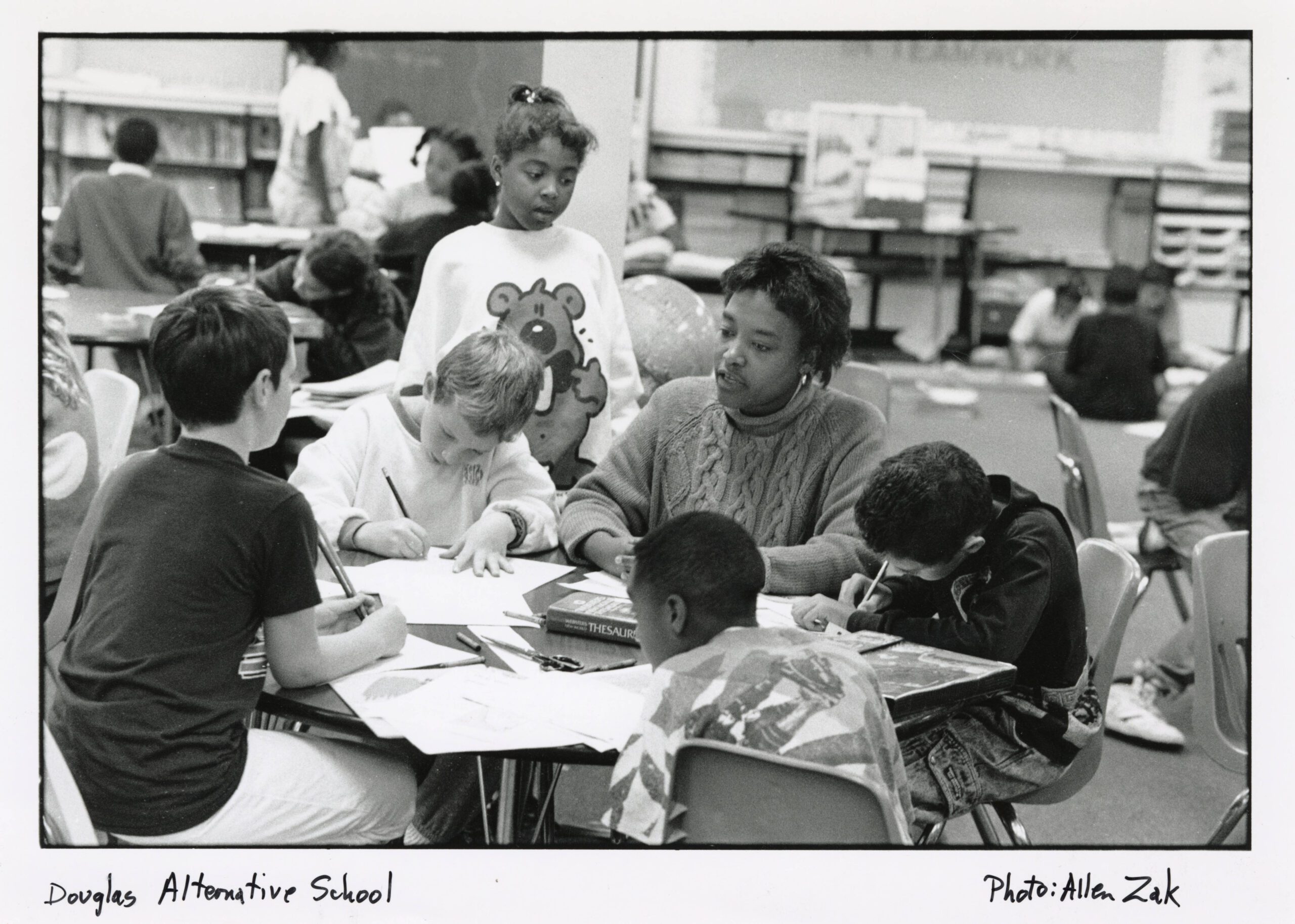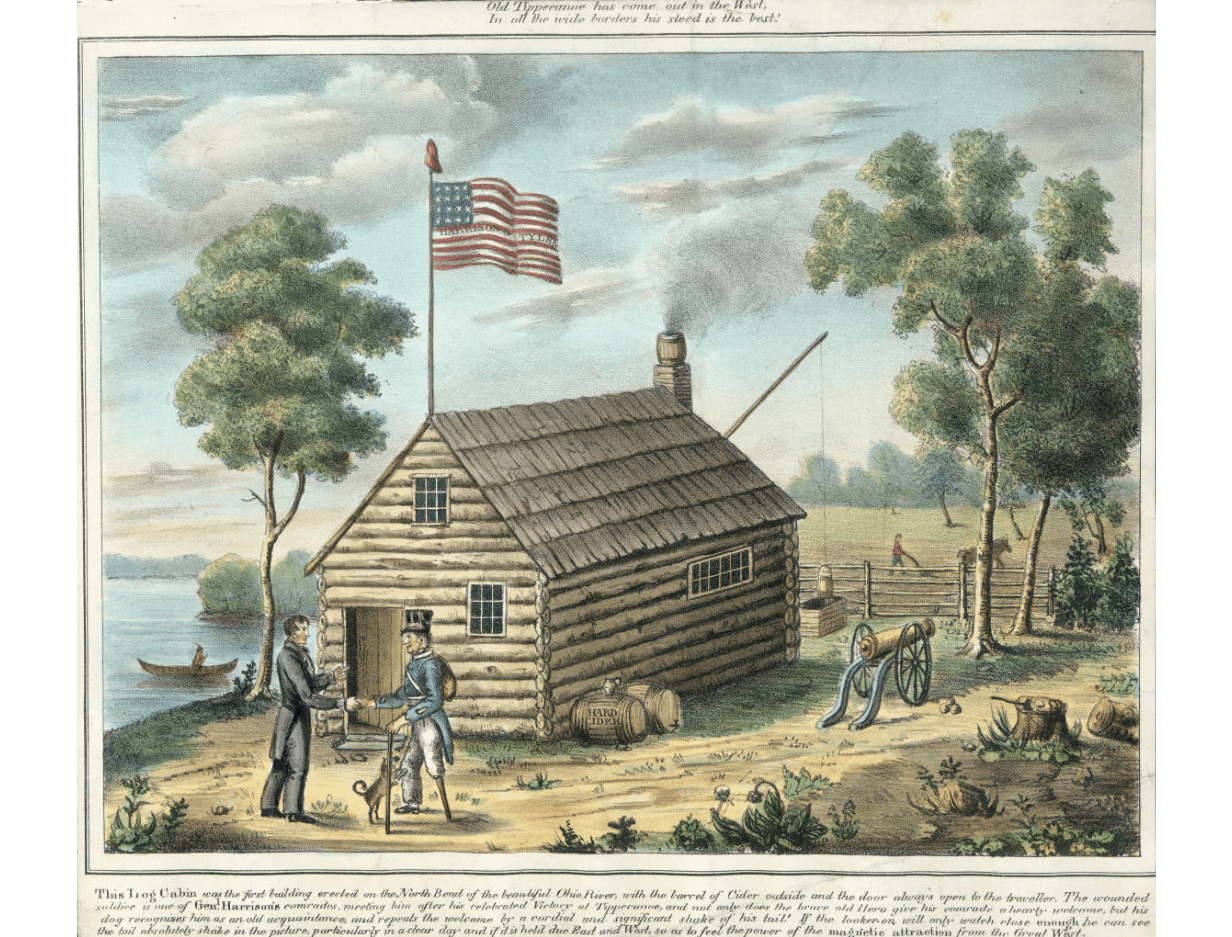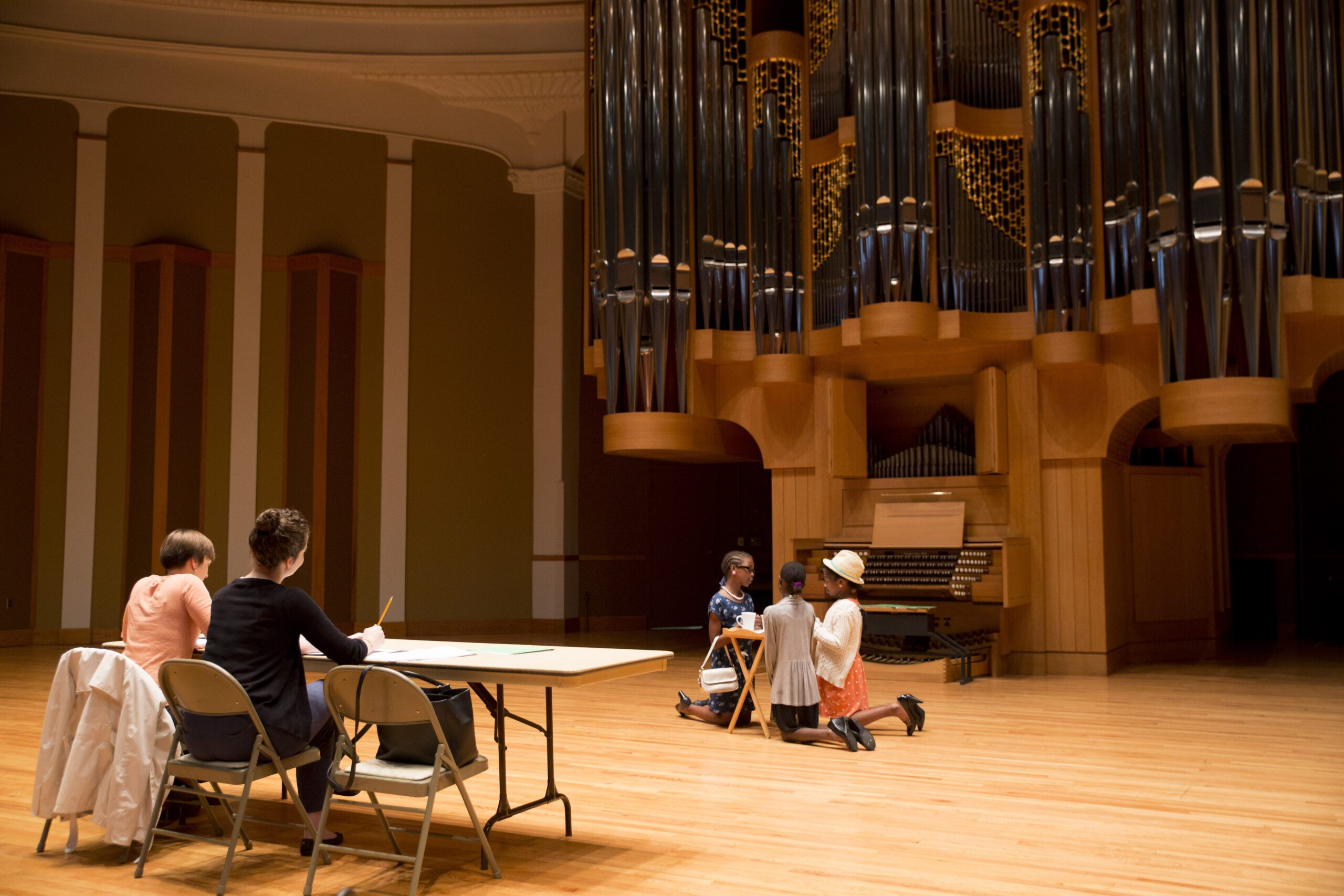When your project is judged the judges are evaluating your project using two different levels of criteria.
Historical Quality (80%)
The Historical Quality of your project is worth 80% when it comes to the judges' final decision. Historical quality focuses on the accuracy of facts, analysis and interpretation of the material, an understanding of historical context, a wide array of research represented in the annotated bibliography, a balanced presentation of your materials (unbiased) and the use of available primary sources. This section also includes your topic's connection to the annual theme.
Clarity of your Presentation (20%)
This criterion is worth 20% in your final evaluation. Clarity of presentation focus on whether the entry is presented in an effective, original and creative manner. The judges will also consider an entry in compliance with the rules in the final consideration. Failure to follow the rules will count against an entry in the final decisions by the judges.
At every level of competition, ALL JUDGES DECISIONS ARE FINAL!










